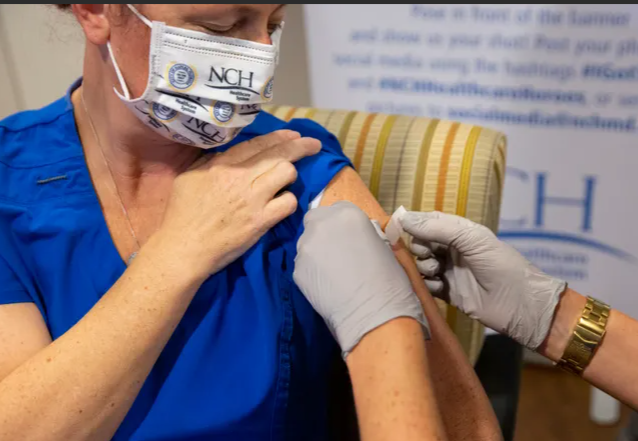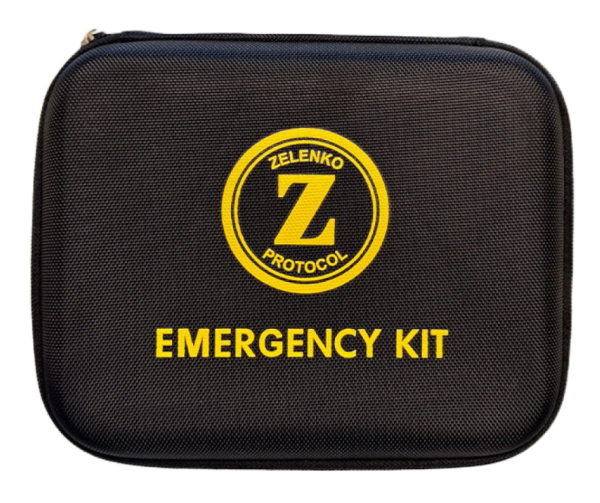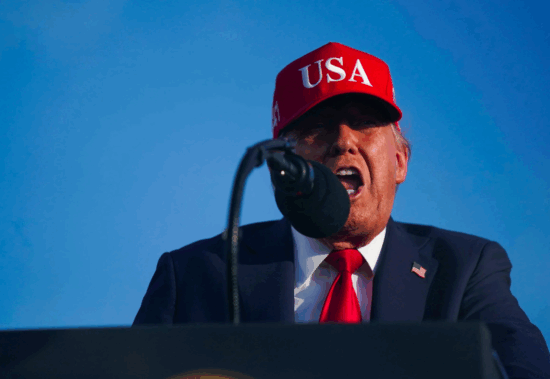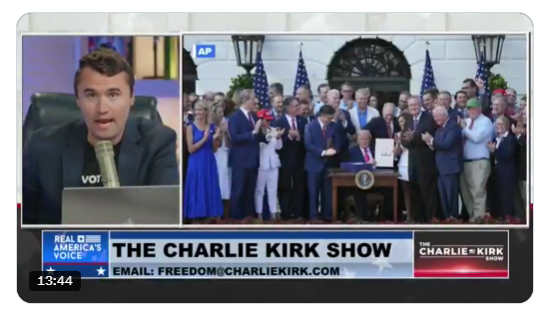COVID‑19 Booster Shots Tied to Reduced Cancer Survival, New Study Indicates
A recent Cureus research report emerged linking increased cancer mortality with the rollout of mRNA COVID-19 booster shots in Japan. According to the study, mortality from several cancers—particularly hormone-sensitive types—rose significantly following widespread administration of third and subsequent booster doses.
Published within the past 60 days, this study highlights a concerning temporal association. Researchers identified notable spikes in death rates from cancers such as breast, ovarian, and prostate in the weeks after mass booster campaigns. They propose that immune modulation induced by repeated mRNA doses may interfere with cancer defenses, though direct causation remains unproven.
The issue gains urgency when contextualized alongside a domestic news item from July 9, 2025, which reported that COVID boosters correlated with worsened survival rates for cancers—cancers remain the third-leading cause of U.S. deaths Just The News. That story underscored growing debate within medical and policy circles, especially regarding extending booster recommendations for healthy children and pregnant women.
New evidence indicates the jabs accelerate the cancer with the third-most deaths in the U.S and a five-year relative survival rate of 13.3%.
Researchers analyzing why pancreatic cancer survival rates at their Japanese hospital declined in 2022 and 2023, after years of steady increases, found a statistically significant connection between the number of mRNA doses taken by those patients and how quickly they died, even when considering “tumor, node, metastasis” (TNM) factors, surgery and chemotherapy.
From a conservative-Christian viewpoint, the study underscores the importance of exercising wisdom and prudence when considering medical interventions. While vaccines played a vital role early in the pandemic, it is essential to weigh potential long-term trade-offs, especially when public health authorities propose blanket booster protocols. Christians are called to steward their bodies thoughtfully (1 Corinthians 6:19–20), discerning truth and safeguarding life from conception through its final stages.
Experts caution that correlation does not equal causation. The Japanese research did not include laboratory or clinical data proving boosters accelerate cancer progression. Nevertheless, its authors call for deeper investigation into mechanistic pathways—especially whether repeated antigen exposure and elevated inflammatory signaling impact tumor biology.
Critics of booster advocacy argue that the precautionary principle should guide policy. A leading Japanese oncologist, speaking anonymously, noted that:
“The temporal link between boosters and mortality spikes warrants immediate attention—ongoing booster campaigns should be halted until further data confirms safety.”
Meanwhile, supporters of booster programs emphasize their role in bolstering immunity against COVID-19, especially for immunocompromised populations. However, this new evidence introduces caution: might repeated booster-induced immune activation inadvertently suppress anti-tumor immunity?
U.S. health agencies continue to recommend booster doses for selected high-risk groups—such as the elderly, immunocompromised individuals, and those receiving active cancer treatments. Yet mainstream media coverage has largely neglected the Japanese study’s findings, perhaps out of concern over fueling vaccine hesitancy. This article examines the implications while avoiding progressive bias, centering instead on empirical data and concern for human dignity.
Cancer remains the third leading cause of death, claiming hundreds of thousands of American lives each year. Any intervention potentially affecting survival outcomes demands rigorous scrutiny. A respected oncologist at a Texas Christian university remarked:
“While COVID boosters provided early protection, we are entering a new phase. We cannot ignore signals of harm—especially when dealing with vulnerable patients.”
The controversy also extends to medical ethics: should booster mandates relax, and should informed consent include discussion of potential risks, even if not fully understood? Church‐based medical ministries and Christian healthcare providers are already reflecting on their protocols, emphasizing pastoral care and patient autonomy.
Proponents of boosters cite studies dating back to 2022 demonstrating benefits for cancer patients receiving third doses—though effectiveness varied. A European Journal of Cancer report emphasized that booster shots reduced breakthrough infections and COVID-related complications in patients undergoing chemotherapy Just The News+3cancer.ox.ac.uk+3U.S. News Health+3. Yet, such studies did not measure long‐term cancer outcomes, leaving a gap in our understanding of delayed effects.
Newer data suggested that tailored booster strategies—such as spacing doses or using non-mRNA platforms—could mitigate potential risks for immunocompromised individuals. The Cureus report, however, did not dissect vaccine types or dosing intervals in its analysis, leaving open the possibility that effects vary by vaccine type or timing.
Public trust in health institutions is at stake. Conservative Christians often approach health decisions guided by both faith and evidence. This group values bodies as temples of the Holy Spirit (Romans 12:1) and generally supports scientifically grounded medical care. However, when science produces mixed signals—such as this study—they call for humility among scientists and caution among policymakers.
Some commentators argue the boosters—and mandates—stemmed from a “one‑size‑fits‑all” mindset. They warn that policies must evolve as new data emerges, protecting the vulnerable while preserving freedom of conscience. A pastor‐physician from Oklahoma stated:
“God gave us minds to think and data to evaluate; we must not silence either in the face of complex issues.”
The Japanese study arrives as the U.S. reevaluates COVID policy for 2025. The CDC is expected soon to announce new guidance on booster eligibility. That announcement will likely weigh studies like this one more heavily. Conservative lawmakers are already voicing questions—pressing health officials to clarify long-term safety data before expanding booster programs.
Church healthcare ministries and ethicists will need to navigate the balance between protecting congregations and avoiding potential harm. Many advocate for shared decision-making, especially with high-risk populations.
The stakes are high. Cancer is a leading cause of death, and any policy intersecting with its outcomes requires exceptional care. The newly reported statistical correlation—recent and within the 60-day window—demands transparent communication, robust follow-up studies, and perhaps a pause in mass booster campaigns until more comprehensive evidence is available.
This emerging situation represents a moment of decision: proceed with caution, or continue aggressive booster policies? Faith-based communities and conservative voices urge a prudent path—honoring life, respecting scientific integrity, and guarding human dignity above ideological or bureaucratic impulses.





